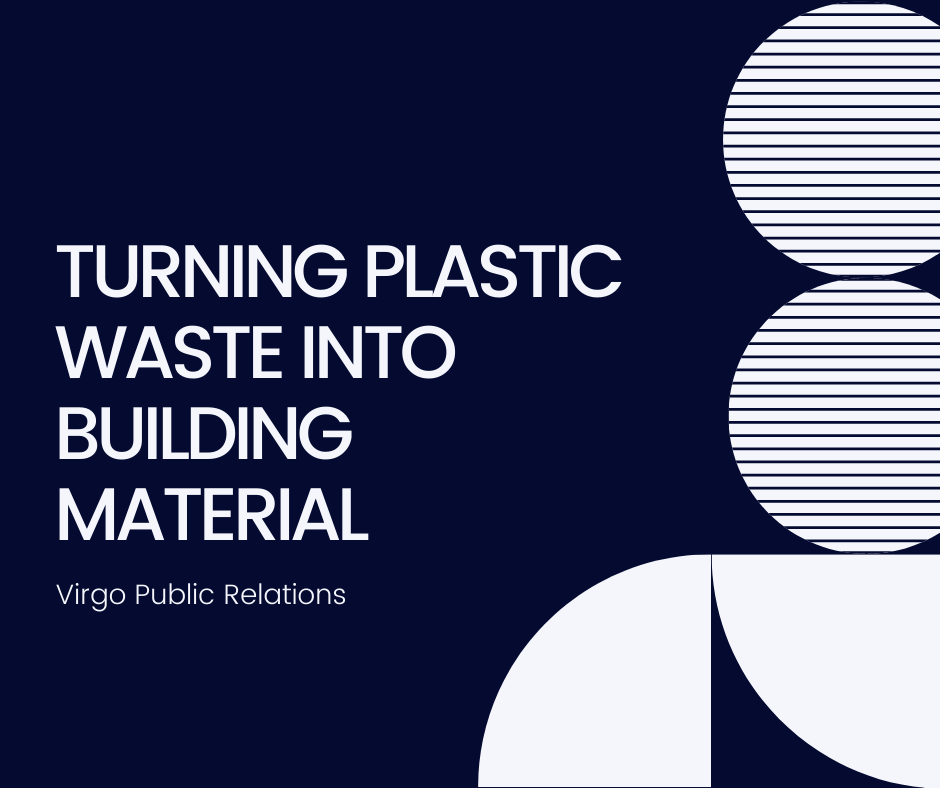Each year, the world produces around 400 million tonnes of plastic. Only 9% of the total plastic produced is recycled.
This impacts climate change as plastic has been found in the depths of the oceans as well as in the mountains.
The disposal of plastics seems to be a global problem. They are indestructible and yet they are discarded on a large scale. Most plastic is not recyclable and the process is cumbersome.
There is some hope. Plastic can be reprocessed into new materials for different uses. The pandemic has only added to the plastic crisis with an increasing demand for gloves, masks, and other protective gear.
Hence, the problem of plastic does not show signs of disappearing any time soon. Faced with this crisis, people are developing solutions to put plastic waste extracted from the environment to good use.
Plastic is Not the Problem
In 2017, a Los Angeles- based startup , byFusion came up with a solution to this waste. They use plastic as a building material.
Heidi Kujawa, the CEO of ByFusion, wanted to do something meaningful after a successful career in tech and entertainment. She has heard of a company that used blocks of crushed plastic as building material.
The patent of that company had lapsed and Kujawa wanted to develop that material. Her company builds machines that can fuse 30 pounds of plastic into blocks. These blocks can be used to make walls and furniture.
Byblocks
These blocks of high-performing building material are called byblocks and the process of manufacturing them is called blocker.
The company has collaborated with ocean clean-up operations that help it to collect plastic waste that has ended up in oceans. From the great Pacific garbage patch itself, the company has got 100 tons of waste. The collected plastic is cut into smaller pieces and then heated by using a patented steam-based process.
They are then fused into durable blocks which do not disintegrate into smaller blocks. The process of building blocks is also sustainable as it does not require chemicals or additives and produces fewer greenhouse gas emissions than concrete blocks.
The process does not require adhesive because the plastic is fused. These blocks can also be used in landscaping and sheds.
The entire system can be operated without specialist labor. The blocks come in three varieties.
One type comes molded with pegs so that they can be interlocked. The company is also trying to develop smaller blocks. The blocks can be left exposed, but ideally, it is better to have them coated with some weather resistant material.
The Customer
ByFusion sells machines that manufacture Byblocks.
The blocks have been designed to meet the needs of a wide range of customers , from municipalities, to waste management companies. Kujawa feels that even universities can manufacture these blocks if they use the right machinery.
The company even offers to buy back any surplus plastic from the customers and sell them on their behalf.

